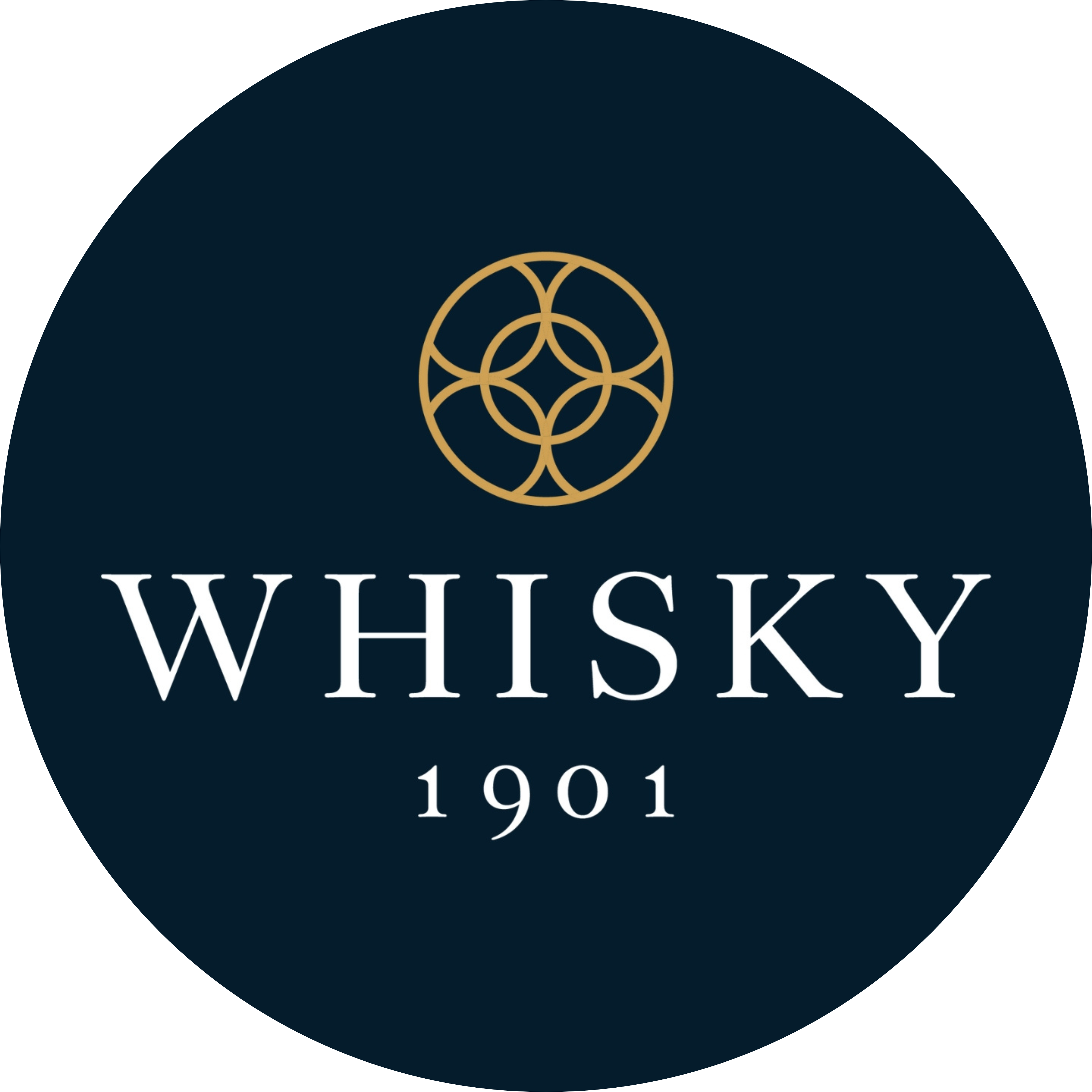What qualifies you as a whisky expert?
It’s important to check that any company or ‘whisky expert’ that you engage with has the right qualifications or accreditations before entrusting them to invest in casks on your behalf. Check that your whisky broker is certified by respected institutions like the Wine and Spirits Education Trust (WSET) and Edinburgh Whisky Academy.
Do you hold a license to trade whisky?
Any bona fide whisky broker should have a Warehousekeepers and Owners of Warehoused Goods Regulations (WOWGR) licence and be happy to show it to you. This proves that a company is legitimate and has been given the legal right to trade suspended goods by HMRC. Steer clear of any company that is not on this register.
Which distilleries do you recommend?
Choosing the right cask to invest in is a big decision so another important question to ask any whisky broker is which distilleries they work with.
According to the Scotch Whisky Association, as of September 2023, there were 147 distilleries operating across Scotland, meaning choosing the right cask as a beginner can be daunting. But a true whisky expert will know the brand names that are worth investing in based on merit, history and worldwide demand.
Cask investments are influenced by several factors including age, rarity, brand reputation, and overall demand for a particular whisky. Although market conditions and trends can impact value, aged whiskies from reputable distilleries command high prices and retain value even during recessions and inflationary periods.
That’s why we advise investing with the top 20-40 distilleries in Scotland to minimise risks and maximise returns. At Whisky 1901, we work with almost all the distilleries featured in the BC20 Whisky Cask Index report’s Top 20 Distilleries of 2022. Check out our recent blog with recommendations for the top 5 distilleries to invest in for the best returns.
How do I know I’m buying whisky at market value?
Unfortunately, one of the most common pitfalls of the whisky investment market is consumers being offered casks at highly inflated prices. We always advocate investing in quality over quantity – that’s why we only work with Scotland’s finest distilleries – but it is equally important that investors get value for money.
Just because a cask costs more, doesn’t mean it’s going to be better quality. What’s important is that you pay a fair market price.
Unlike the wine industry, which has the Liv-ex to track the prices of fine wine, there is no indices for the whisky cask investment market so it’s important to discuss this with a trusted whisky broker. Ask to see any data they hold and check whether they can provide a breakdown of the number of litres or bottles in your cask to work out how much you’re paying per bottle. This allows you to check the open market for prices based on the age of the product to ensure you’re not paying over the odds.
How will you manage my cask?
It is commonly believed that whisky always improves with age, but this is not the case. Casks must be carefully managed as they have a shelf life. They usually lose 1-2% in ABV and liquid per year, known as the ‘angel’s share’. If ABV falls below 40% the product can no longer be called Scotch.
Any knowledgeable broker knows that investing anything below 50% ABV is a high-risk investment and something to avoid.
Regular regauge reports provide up to date data regarding ABV and liquid level, giving a true value of the cask as well as a health check. This involves taking a small sample from a cask to check data. Unfortunately, not a lot of companies have the infrastructure in place to carry out these checks.
It’s therefore important to ask whisky investment partners if they can provide these reports before you invest, and only work with those who are able to do so.
What ROI can I expect?
Some whisky experts will promise much higher turns to win your business. There is a lot of false data which can circulate as a result this, so it’s important to do your research and consider whether the returns a whisky broker is advising are realistic or not. If they are much higher than 10 to 14%, the likelihood is that this is inflated.
Whisky is a long-term investment – we usually recommend five to 10 years to see a significant ROI. Generally, the longer you hold a cask the more the whisky in it improves and therefore the greater the return.
It’s important to remember that, like many other investments, such as stocks and shares or gold, prices can go down as well as up and that there are no guarantees. Talk to a whisky expert to ensure you understand the risks.
How can I be sure I’m the legal owner of my cask?
When investing in whisky, it is important that you work with a lawyer or a whisky investment partner that has a lawyer or legal partner and can provide a Bailment Contract, including the details and location of your cask, a Unique Cask Number, a Delivery Order and the signatures of both parties.
This common law agreement certifies that the company is managing the whisky cask on behalf of the investor, but that you are the legal owner. It creates a transparent and legally binding trail of ownership. It is best to avoid any whisky broker who is unwilling or unable to provide you with this.
What happens when I want to exit the market?
It’s important that you understand the buying and selling process before you invest in whisky casks. There are several different options when you wish to exit the market. You may choose to sell on the open market or to our existing client base. We can help source potential buyers from a broad professional network of brokers and collectors to make sure your cask goes for a healthy price.
Alternatively, you can choose to sell at auction. This has become a popular way of selling cask whisky as the process requires minimal effort.
Or you may even wish to bottle and brand your whisky to sell to independent bottlers or the retail market, or simply enjoy the product yourself. That’s why Whisky 1901 has recently introduced a bottling service for investors looking to sell their product on the retail market or to collect and/or consume themselves.
As your trusted whisky investment partner, at Whisky 1901 we not only advise on buying cask whisky but how to realise your investment when the time is right.




